Stop being ridiculous: Microsoft is NOT building its own processor for Surface
Just because a company hires a few chip people doesn't mean its building an Apple M competitor.
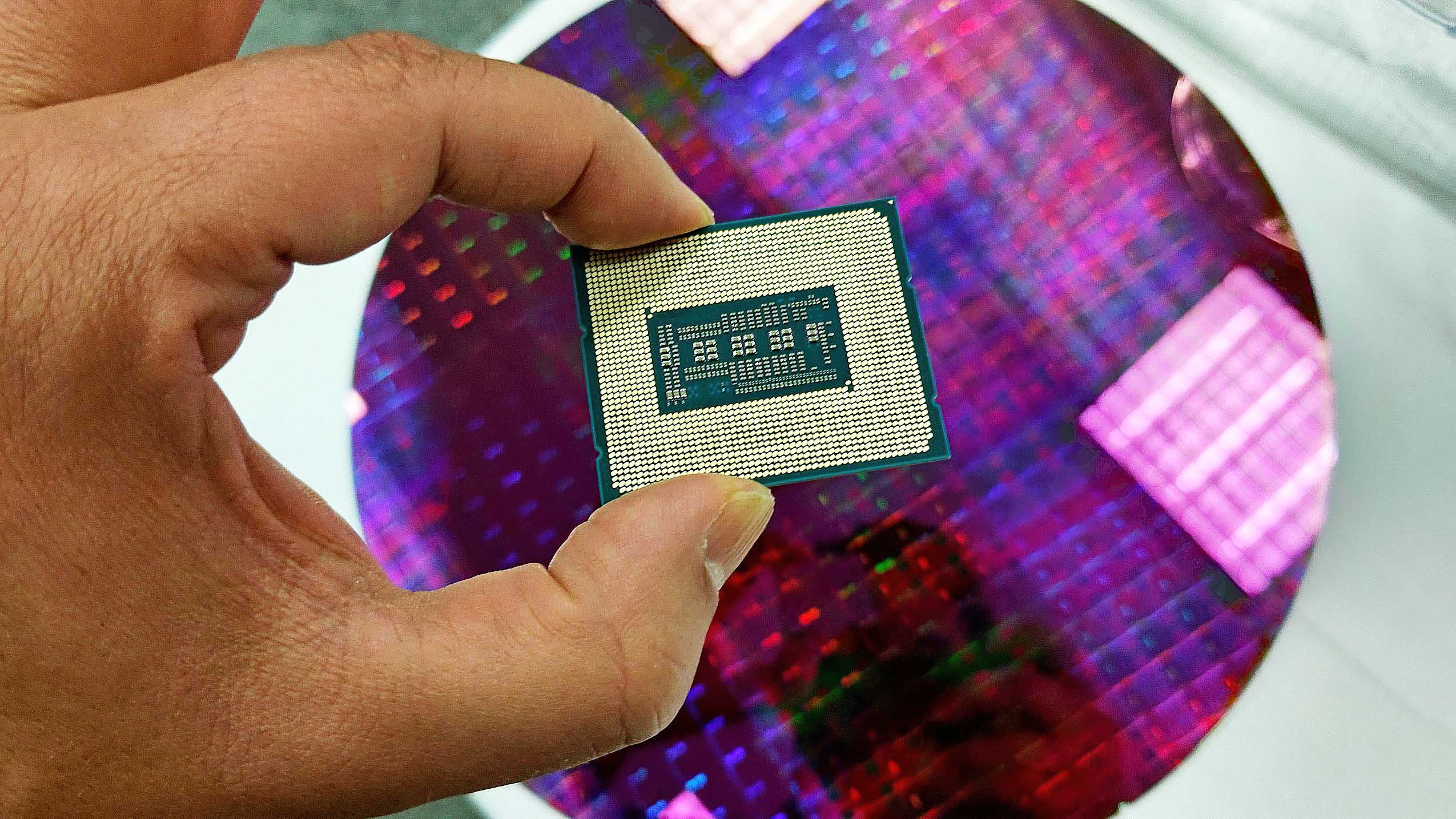
All the latest news, reviews, and guides for Windows and Xbox diehards.
You are now subscribed
Your newsletter sign-up was successful
The internet is full of brilliant people, 99% smarter than me. But occasionally, I come across something so bafflingly stupid that it sends me into a (mild) rage. That's the case with a recent report titled "Microsoft to take on Apple M MacBook with new ARM chips & Windows 12."
Bold claim. Sounds tantalizing!
It's also likely bullshit.
The story originates not from reporting internal plans from Microsoft, multiple sources on- or off-the-record, leaked documents, or any other smoking gun. No, it comes from two job listings by Microsoft, with one being a senior product engineer in Malaysia.
The story has gone on to live a longer life than it should. Our colleagues at TechRadar even have two back-and-forth articles saying this is a good idea, while the other thinks it's terrible.
The honest take is the idea is being blown out of proportion.
Microsoft does design chips (but small ones)
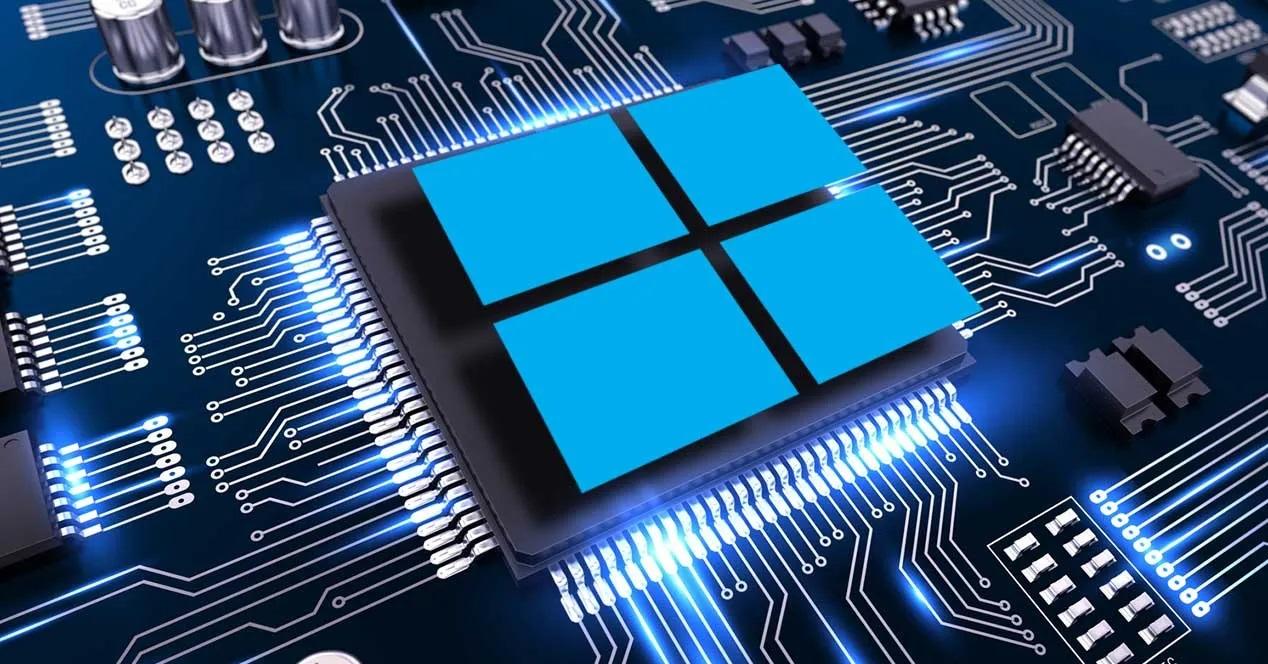
The confusion lies in that Microsoft occasionally designs small SoC (System on Chip) for various devices. For example, Surface famously has an in-house designed co-processor used for low latency inking with 4,096 levels of pressure starting in the Surface Pro that worked up to multiple ones in Surface Studio and Surface Hub. The Microsoft G6 co-processor brings the new haptics feature to Surface Laptop Studio, for instance.
All the latest news, reviews, and guides for Windows and Xbox diehards.
Microsoft also works on more minor chips for Xbox and HoloLens, which the company says as much in its job posting:
"We are a growing team of engineers on a mission to develop revolutionary designs and ship first-to-market products. Azure, XBOX, Surface, and HoloLens incorporate our internally developed silicon components."
Notice the emphasis on silicon components, which differs from full-on processors for a laptop or PC. As you can imagine, HoloLens has a lot of custom parts to it for obvious reasons.
Microsoft Research also works on advanced processors but rarely have those come to market.
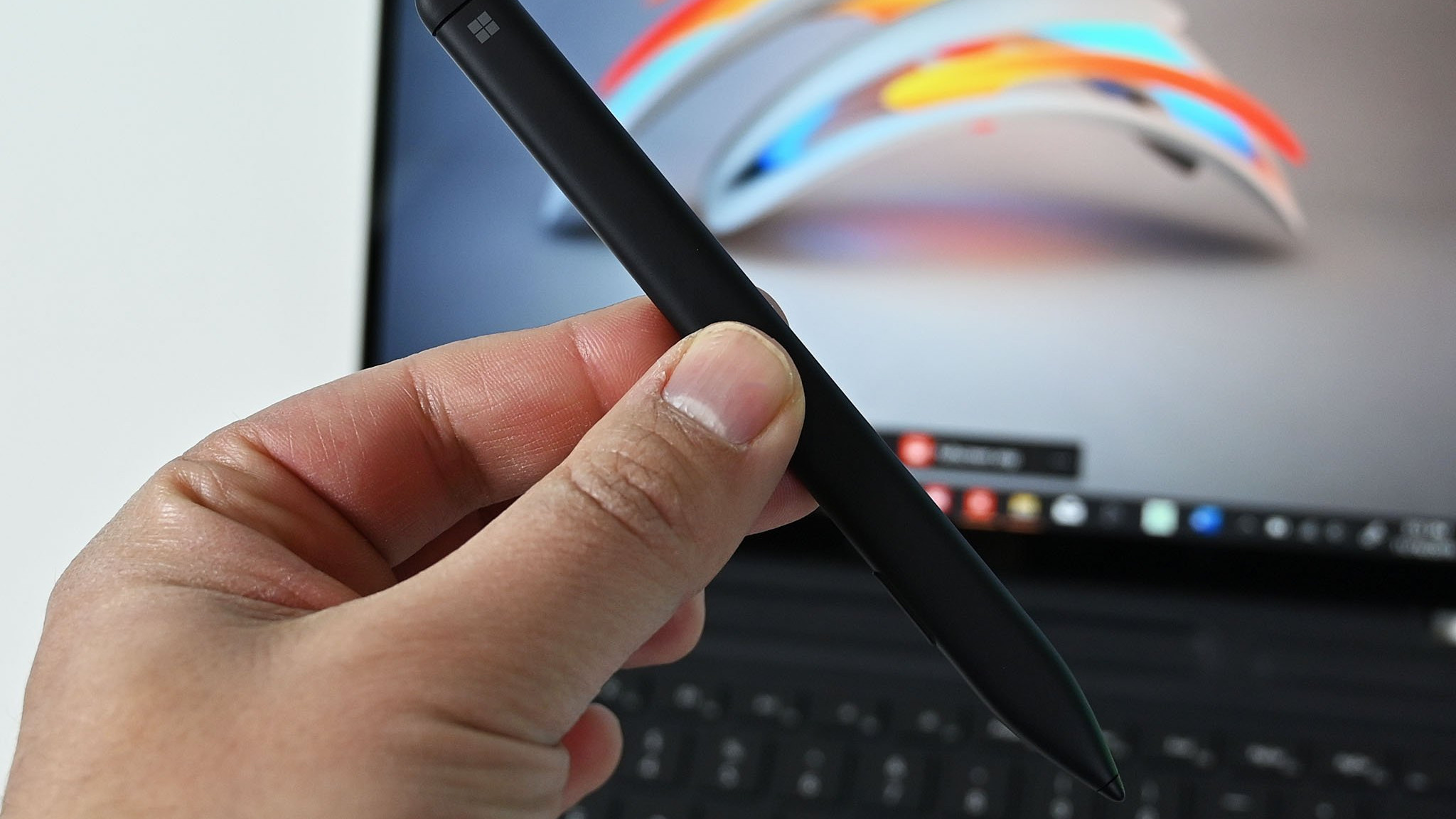
Microsoft also designed its Pluton security processor, which is now used in many modern laptops and involves AMD, Intel, and Qualcomm. There's also a lot of emphasis on NPUs (neural processing units) for AI tasks these days and chips for servers (Azure) that Microsoft is likely working on.
To drive the message, there's an actual group in Microsoft called the Artificial Intelligence Silicon Engineering team, who, as you can guess, design chips to be used for AI. There's also the Microsoft Silicon Engineering Solutions and Cloud Hardware Infrastructure Engineering (SCHIE) team, which is responsible for developing and delivering the hardware and firmware that is "responsible for powering Microsoft’s “Intelligent Cloud” mission." There's also the Data Processing Unit (DPU) team, which works on Azure.
You get the point. Many silicon teams are working at Microsoft, many of which are working on AI, Azure, Xbox, augmented reality, and other custom chips for Surface.
Knowing that and assuming two job listings mean Microsoft must be working on full ARM CPUs for Surface that take on Apple is wildly optimistic and, at worst, just irresponsible guesswork.
Many silicon teams are working at Microsoft, many of which are working on AI, Azure, Xbox, and augmented reality.
There is a report from 2020 by Bloomberg, which is reliable for sourcing, noting that Microsoft is taking existing Arm Ltd. designs "to produce a processor that will be used in its data centers … it's also exploring using another chip that would power some of its Surface line of personal computers."
Unfortunately, since that story in 2020, no news about the effort has been reported suggesting that the idea was killed or is still in very early stages.
Microsoft has its "SQ" line of processors for Surface Pro X and Surface Pro 9, but those are Qualcomm Snapdragon 8cx chips with tweaks requested by Microsoft. The same applies to the AMD Ryzen 7 3780U, aka "Microsoft Surface Edition" processor in Surface Laptop 3. It's good marketing by Microsoft, but that's about it. The only difference I've ever noticed with Microsoft's SQ ARM chips is the inclusion of a power slider that other Snapdragon laptops lack.
Making a PC processor is HARD
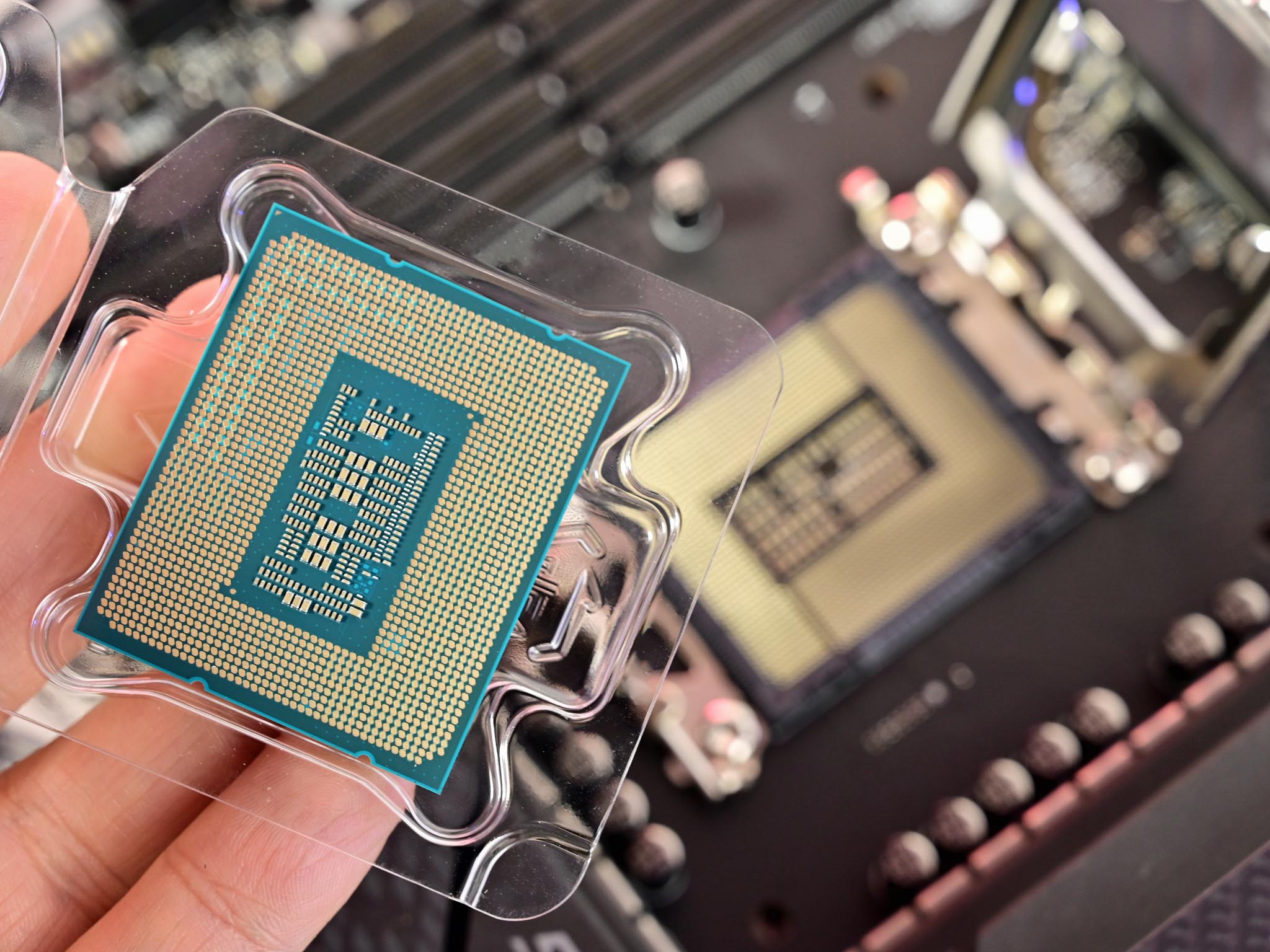
Apple's M1 and M2 processors are amazing chips that have done wonders for the Mac line (although not enough to prevent a 40% drop in shipments due to declining demand and the economy).
The M1 was introduced in 2020, with its successor, the M2, coming out in 2022.
While impressive, Apple didn't get to the M1 overnight. Indeed, it took ten years of in-house chip design (and some contracted Arm Ltd. work), which everyone seems to forget. TEN. YEARS.
Apple started very small with the "A" series of chips found in the iPod Touch and later the iPhone, iPad, and Apple TV. Then, as the company released later iterations, with each becoming more powerful, it could start to scale up from all the in-house design expertise it acquired over a decade.
By the time Apple hit the A4 (with other unnamed A-series chips before it), it was 2010 and was being used in the iPad, iPhone 4, and Apple TV. But it wouldn't be until the A14 in 2020 that Apple had enough experience to branch off to the M1 (of course, the M1 was already being designed years prior, but the point remains).

The critical point here is there is no Microsoft equivalent of an Apple A1 processor for the company to build up to something like the Apple M2. The idea that Microsoft goes from zero PC ARM processors to one powering its Surfaces seems like a stretch considering how Samsung and Qualcomm, who have much more experience, have struggled in recent years.
Why even bother?
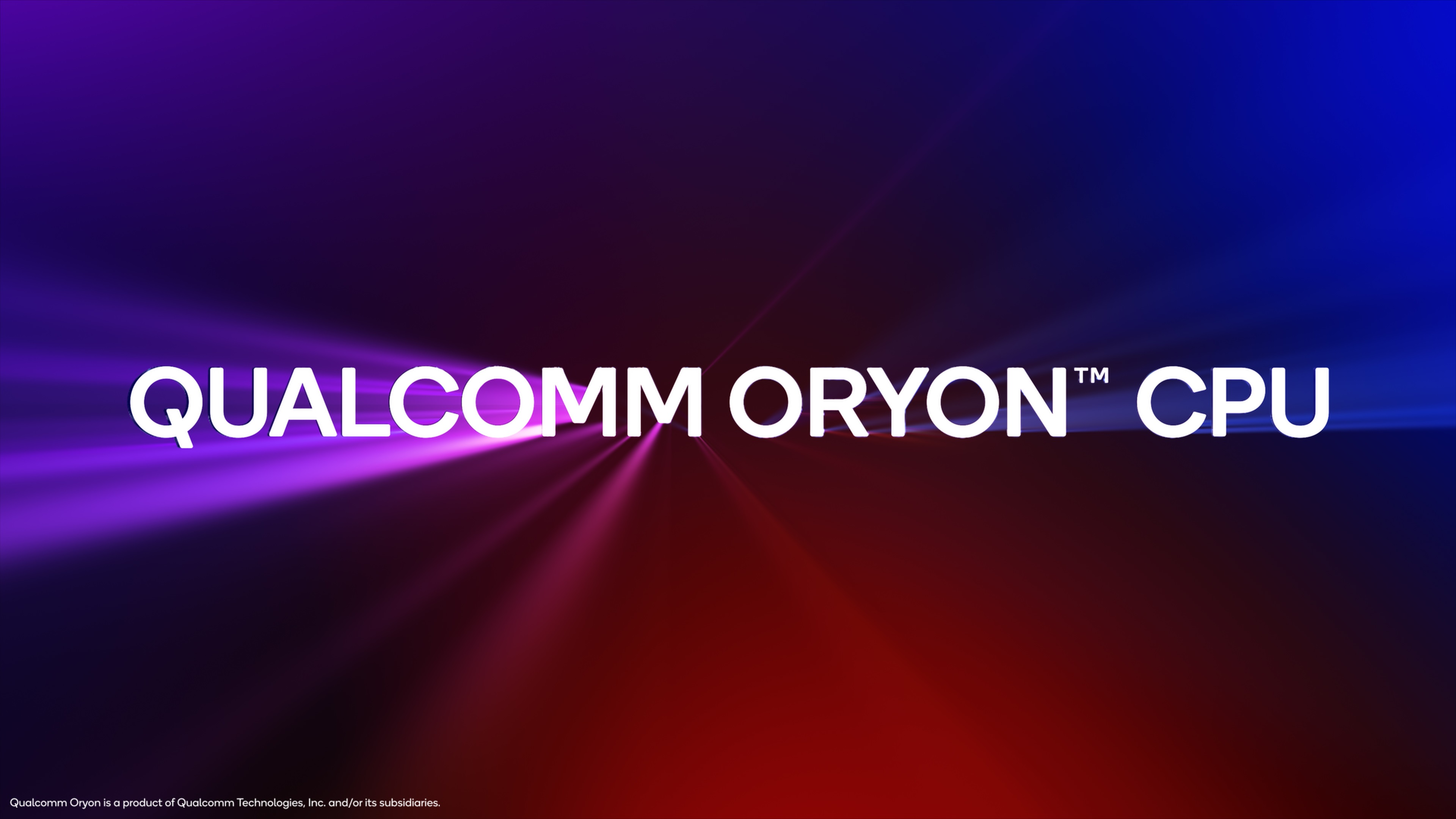
Microsoft dabbling in chip design is a good idea. It never wants to rely on just one vendor for something, so it works with AMD, Intel, and Qualcomm. Microsoft works closely with all these companies to ensure the latest processors are optimized for Windows. It also designs custom chips for devices like Surface Duo or HoloLens, which are niche and have specific requirements.
Take Intel's shift to big.LITTLE design with Performance (P-core) and Efficiency cores (E-core). When Intel 12th Gen launched with this new design Windows 11 was already optimized to leverage the technology, specifically Intel Thread Director. As Intel notes, Thread Director works with Windows 11 Task Scheduler "to decide which thread goes where." The only reason that happened is Microsoft software and engineering teams worked with Intel to make that happen on day one.
As far as Qualcomm goes, while its Snapdragon mobile computer chips have not exactly blown people away, the company is on the cusp of releasing chips that rival (or beat) Apple's M-chips. For example, Qualcomm dropped $1.4 billion in 2021 for Nuvia, which consists of ex-Apple engineers who designed those original A-chips. As a result, Qualcomm's Oryon ARM processors are expected to be unveiled later this year, with a mid to late 2024 release likely tied to the rumored Windows 12 OS.
Early reports from Qualcomm claim strong vendor interest in those chips, which again begs the question of why Microsoft would need to make its own.
Does the world really need a fourth CPU design for Windows? Has Microsoft lost so much faith in AMD, Intel, and Qualcomm that it wants to compete against them even though it has no experience at that scale?
I mean, what the hell, people.
It's absurd to think that Microsoft will come out the gate with a PC chip that rivals Apple's M-chip.
Knowing how long (and how hard) it is to design full PC processors, it seems like wishful thinking that Microsoft will come out the gate with a PC chip that not only beats Samsung and Qualcomm but even Apple. If it can get the same by working with Qualcomm, why invest the capital to compete against them?
Either way, the hope of seeing a Microsoft ARM processor "taking on Apple M MacBook" looks pretty unwarranted. Maybe that will change in the coming years (I doubt it), but it's best to ignore the hype until there is some solid reporting behind it.

Daniel Rubino is the Editor-in-Chief of Windows Central. He is also the head reviewer, podcast co-host, and lead analyst. He has been covering Microsoft since 2007, when this site was called WMExperts (and later Windows Phone Central). His interests include Windows, laptops, next-gen computing, and wearable tech. He has reviewed laptops for over 10 years and is particularly fond of Qualcomm processors, new form factors, and thin-and-light PCs. Before all this tech stuff, he worked on a Ph.D. in linguistics studying brain and syntax, performed polysomnographs in NYC, and was a motion-picture operator for 17 years.
